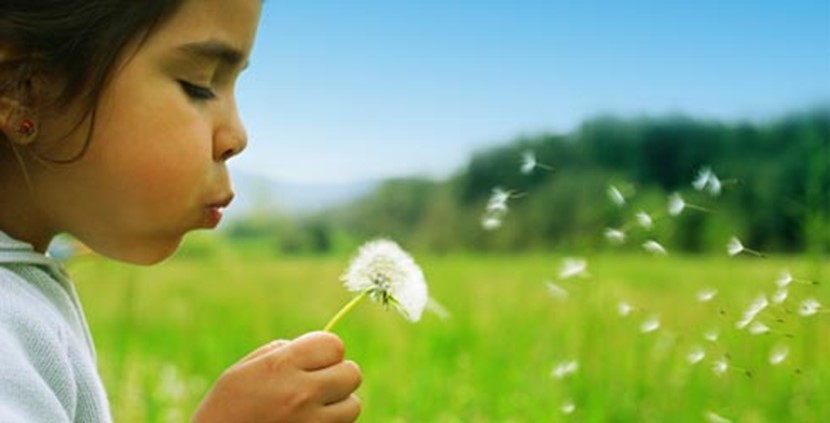Allergies

Finding out your child has an allergy can be a frightening time for parents, but the number of babies and toddlers being diagnosed with allergies is increasing, so it is important to know what to look for.
WHAT IS AN ALLERGY?
An allergy is when the immune system overreacts to a food
or substance that would normally be considered harmless. This
overreaction is called an allergic reaction. The foods most likely
to cause an allergic reaction in babies and toddlers are milk, egg,
wheat, soya and peanut, although other foods can also trigger an
allergic reaction. Allergies often run in families, so if you or
your partner suffers from allergies, there is an increased chance
that your child may also have allergies.
HOW DO YOU RECOGNISE AN ALLERGIC REACTION?
Some of the most common symptoms of an allergic reaction
are:
• Hives - red, itchy lumps on the face, mouth or body
• Swelling of the mouth, throat, lips or face
• Diarrhoea
• Vomiting
• Eczema
• Hay fever
In some cases, exposure to certain foods may cause what is called anaphylaxis - a potentially fatal reaction where the throat swells causing breathing difficulties, blood pressure can drop, and the body responds by going into shock.
WHAT DO YOU DO IF YOU SUSPECT YOUR CHILD IS HAVING AN
ALLERGIC REACTION?
If you think your child is having an anaphylactic
reaction, lie them down and call an ambulance or your nearest
doctor immediately, as anaphylaxis can be fatal.
It is important to have your child's allergies diagnosed by a doctor. Your doctor can discuss possible causes and treatments with you, and help put together an action plan in case your child has an allergic reaction.
The best treatment for allergies is to completely avoid the food or substance that causes the reaction. Even small amounts can be enough to cause a reaction, and children who completely avoid the foods they are allergic to are more likely to outgrow their allergy. It is important to discuss this with your doctor, as excluding foods from your child's diet should be carefully monitored by a doctor or dietician to ensure that your child is getting enough nutrients.
HOW DO YOU AVOID YOUR CHILD DEVELOPING ALLERGIES?
While it is sometimes impossible to avoid your child
developing an allergy, there are some things you can do to minimise
the risk to them, particularly if you have a family history of
allergies.
• Breastfeed for at least 6 months, ideally 12 months.
• Don't introduce solids before 4 months, preferably not before 6
months.
• There is little evidence that delaying the introduction of
complementary solid foods beyond six months reduces the risk of
allergy.
• Introduce foods one at a time so if a reaction occurs, you may
be able to identify the allergen.
Exclusion of allergenic foods from the maternal diet has not been shown to prevent allergies.
DO CHILDREN OUTGROW THEIR ALLERGIES?
A large number of babies and toddlers who have allergies
will outgrow them. However, it is important to talk to your doctor
before reintroducing foods into your child's diet.
For more information, check out www.allergy.org.nz or talk to your doctor.

